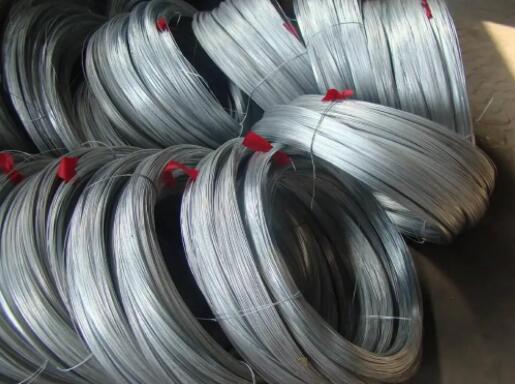Understanding the Cost of Wire Mesh Factors and Considerations
Wire mesh is an indispensable material utilized across various industries, including construction, agriculture, and manufacturing. Its versatility and strength make it a popular choice for fencing, support structures, and even architectural designs. However, understanding the cost of wire mesh can be complex due to various influencing factors. In this article, we will explore these factors, helping you to make an informed decision when purchasing wire mesh for your projects.
Material Type
The cost of wire mesh largely depends on the type of material used in its fabrication. Common materials include stainless steel, galvanized steel, aluminum, and plastic. Among these, stainless steel wire mesh is generally the most expensive due to its high resistance to corrosion and durability in harsh environments. Galvanized steel wire mesh, often treated to prevent rust, is more affordable and widely used for fencing and agricultural applications. On the other hand, aluminum wire mesh is lightweight and resistant to rust, making it suitable for specific applications, albeit at a moderate price point. Understanding the material properties will help you align your choice with your budget and application needs.
Wire Gauge and Size
The gauge and size of the wire mesh also play a significant role in determining its cost. A higher gauge number corresponds to a thinner wire, which is generally cheaper but may not be suitable for heavy-duty applications. Conversely, lower gauge wires are thicker and thus more expensive, but they provide superior strength and durability. Additionally, the size of the mesh openings affects pricing. Finer mesh with smaller openings often commands a higher price, as it requires more material and processing.
Manufacturing Process
wire mesh cost

The manufacturing process for wire mesh can vary, impacting the overall price. For example, welded wire mesh, where wires are welded at intersections, is typically more expensive than woven wire mesh, which is made by weaving wires together. The welding process requires more time and precision, thus raising labor and equipment costs. Additionally, if the wire mesh is custom-made to specific dimensions or configurations, expect to pay a premium for this specialized service.
Market Demand and Supply
Like any other commodity, the cost of wire mesh can fluctuate based on market demand and supply. Economic conditions, such as raw material prices and global trade policies, can affect the availability of wire mesh products. A sudden increase in demand, especially during construction booms, can lead to a spike in prices. It's essential to keep an eye on market trends and plan your purchases accordingly, potentially locking in prices during periods of low demand.
Additional Costs
Don’t forget to consider additional costs associated with wire mesh purchases. Shipping fees, taxes, and potential installation costs can add to the overall expense. For large quantities, consider bulk purchasing options, which may offer significant savings. Additionally, local suppliers might have lower shipping costs compared to online vendors, so it can be worthwhile to compare local and online prices.
Conclusion
In summary, the cost of wire mesh can vary based on material type, wire gauge, size, manufacturing processes, and market dynamics. By understanding these factors and planning your purchase strategically, you can find a solution that fits both your functional requirements and budget. Always consider consulting experts or suppliers to ensure you are making the best investment for your specific needs. As with any material, knowledge is power, and being well-informed can lead to considerable savings and satisfaction in your projects.

















